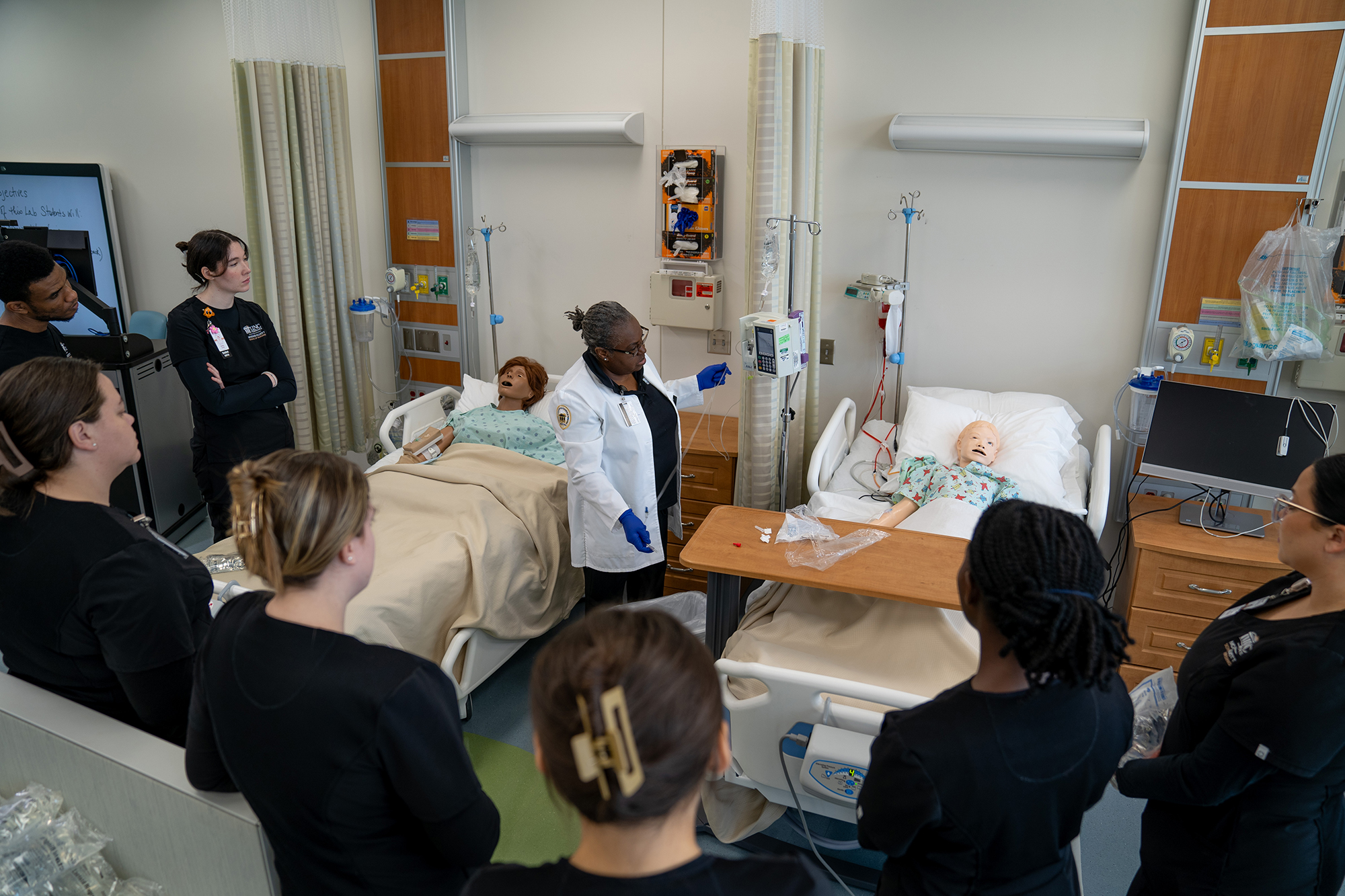Our DNP program is more than a degree — it's a pathway to meaningful leadership in today's evolving healthcare landscape.
Whether you're seeking to lead complex healthcare systems, enhance care in rural and underserved communities, or shape the future of nursing, the DNP equips you with the skills, experience and support to make it happen.
Learn more about our DNP program by attending one of our upcoming informational sessions. Use the RSVP link to reserve your WebEx session today:
Wednesday, February 25th @ 4pm - RSVP
Tuesday, March 24th @ 5pm - RSVP
Wednesday, April 29th @ 4pm - RSVP












